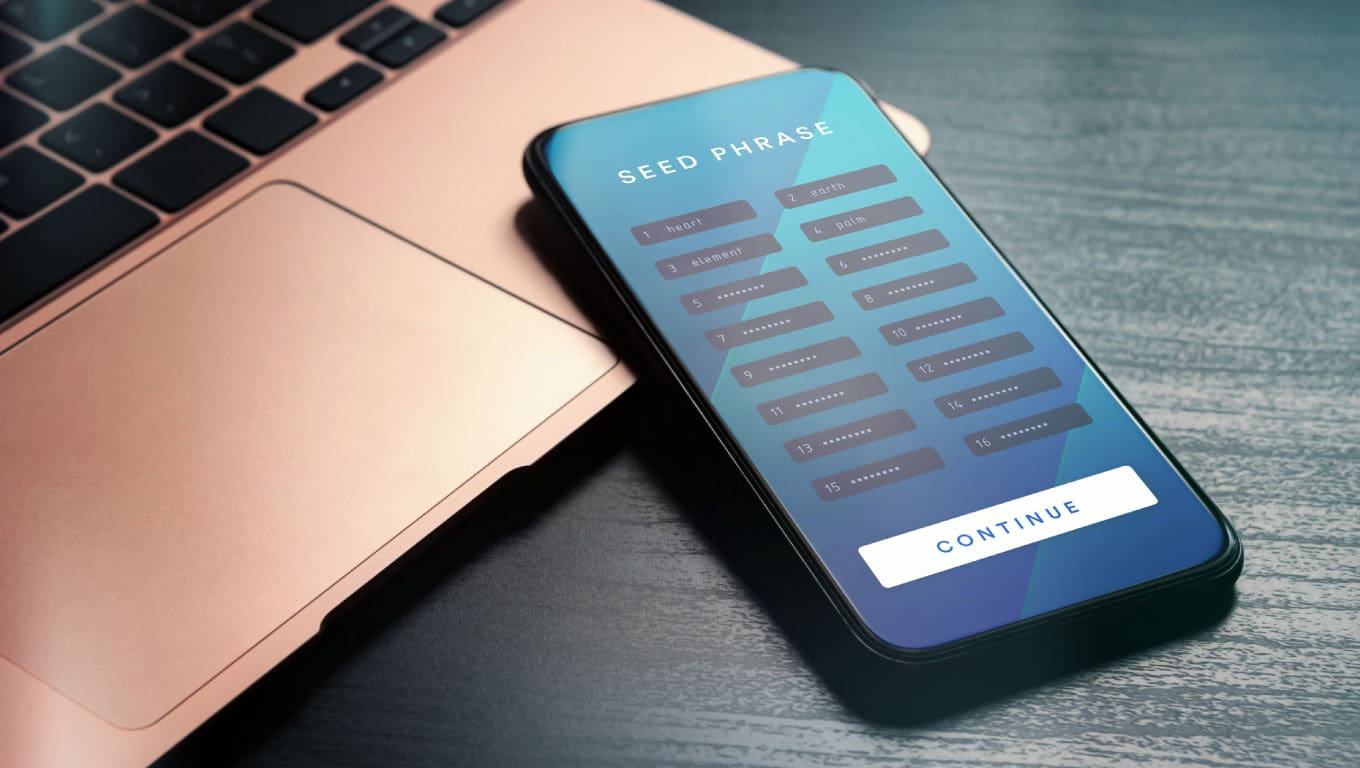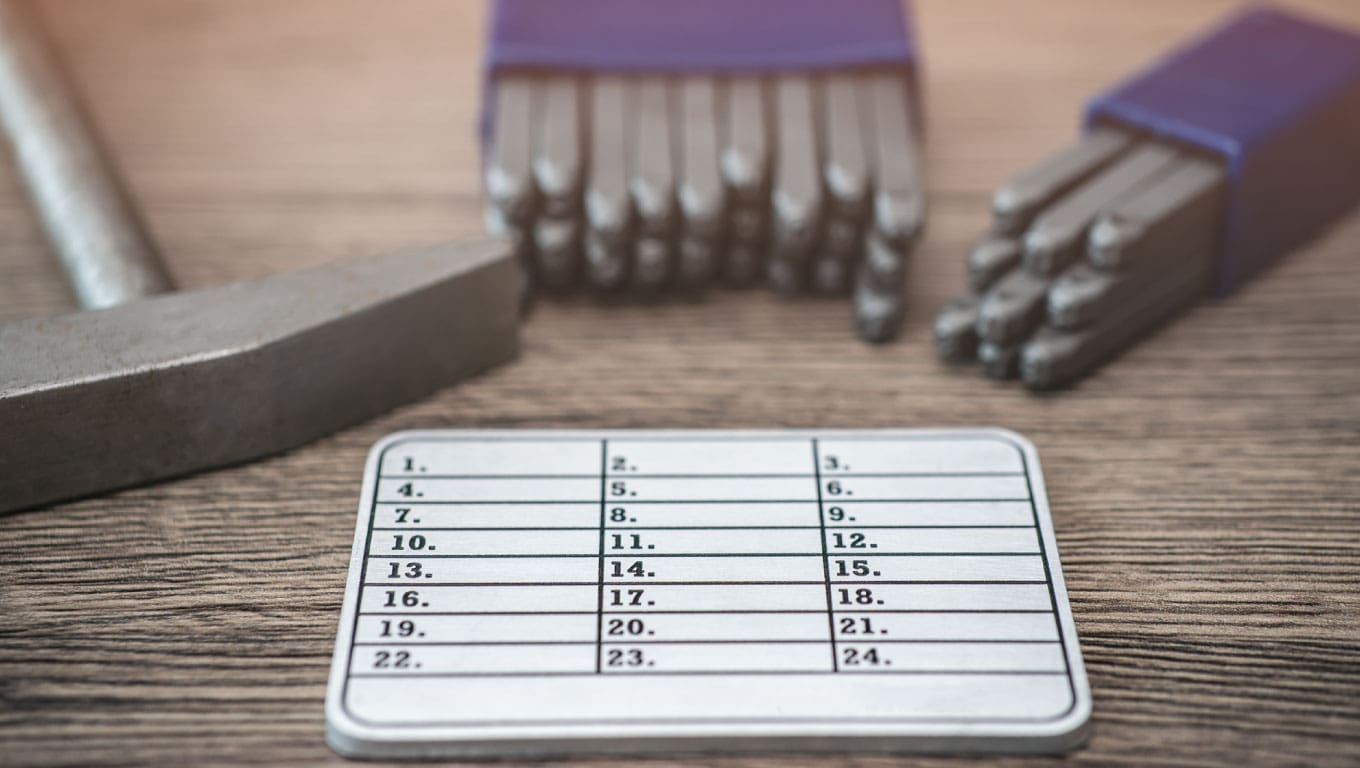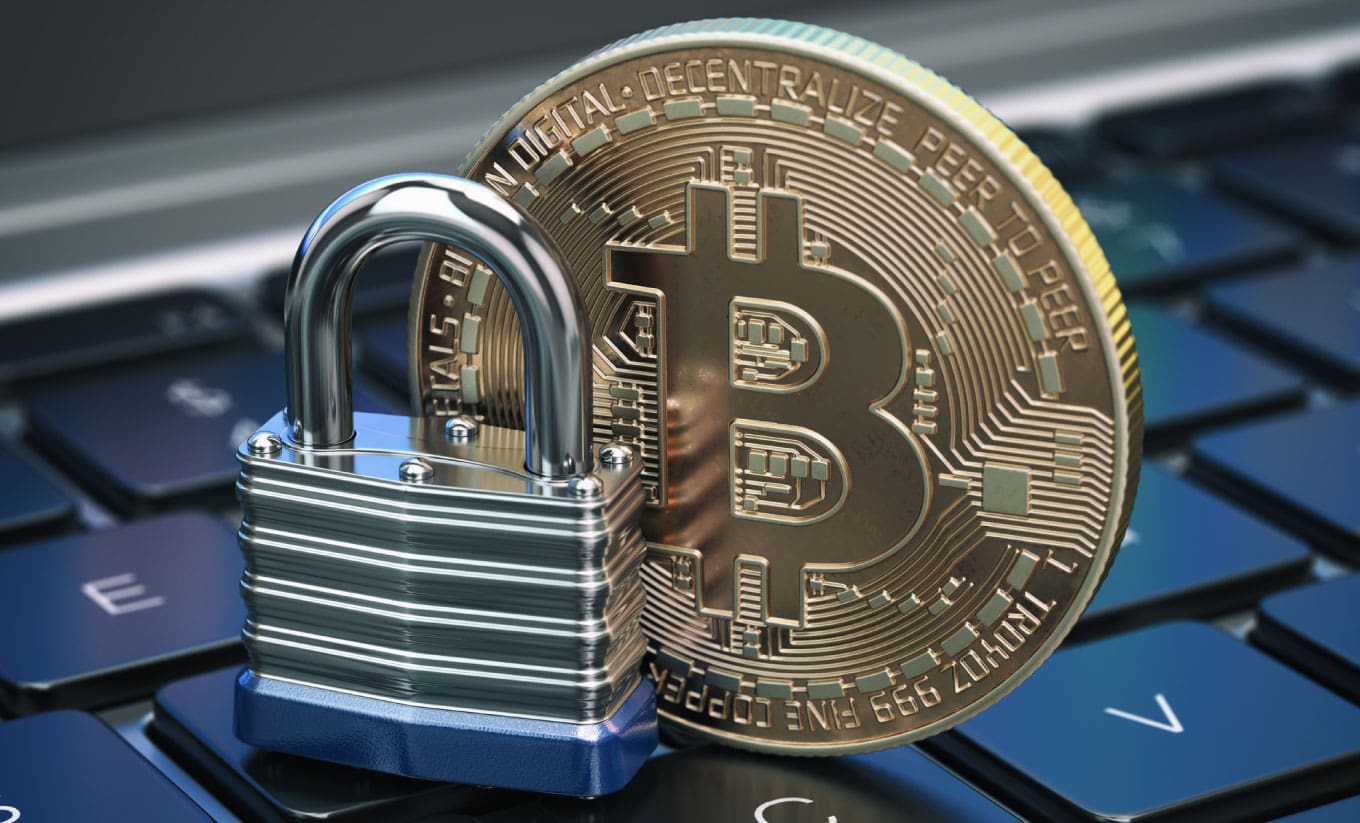Holding your crypto
Those who hold cryptocurrencies know that the seed phrase is the most important thing there is, to be protected and preserved with the utmost care. However, this often does not happen and capital is put at risk.
The goal of this article is to explain well what the seed phrase is and why it has all this relevance. In addition, we will also see some advice regarding conservation.
For the sake of completeness, however, we will start with the basics, quickly touching on crypto wallet and public address. You will also find lots of cross-reference links to specific insights.
By the end of the readingyou’ll be familiar with these concepts even if it’s the first time you’ve heard of them, we promise!
Crypto wallet
Let us begin with the crypto wallet, the indispensable tool for storing one’s virtual currencies.
We have often resorted to comparing it to the traditional wallet created to store coins, banknotes and credit cards. The wallet accomplishes this task with cryptocurrencies, although there are some notable differences with the “cousin” we put in our pocket or purse.
First, cryptocurrencies exist only virtually thanks to different blockchains such as Bitcoin and Ethereum. Therefore, we will not have to store any tangible assets.
After this obviousness, let’s move on to the key feature of the wallet, which is that it does not actually store any cryptocurrency. We may have millions in coins and tokens, but not a single penny will be in the wallet. This tool acts as a gateway to the funds that, in reality, are “deposited” on the blockchain. Let us explain further.
Let us imagine that our wallet has as its name ABCDE and that there is 1 BTC on it. The bitcoin in question will be stored on the blockchain and not in the wallet. At the same time, the blockchain will have labeled this specific bitcoin as the property of the ABCDE wallet; consequently, only those who have access to the ABCDE wallet will be able to get to the bitcoin.
Regardless of the technical issue just described, the wallet is the indispensable tool for operating the blockchain, receiving and sending coins and tokens, operating the DeFi, creating NFTs, and much more. Securely storing access keys is crucial: spreading them would be tantamount to handing over the ATM machine complete with PIN to anyone in the world; and someone, we are sure, will run to the first teller to withdraw whatever is available!
"Without a wallet, you can't interact with the blockchain"
Crypto address
Let us turn to the crypto address. Each crypto wallet has at least its own unique address, which, again using a traditional example, resembles the IBAN of a bank account.
When we want to receive money into the account, we have to provide the sender with the address to which he or she should send it, i.e., the IBAN. In contrast, if we were to send money, we would need to know the IBAN of the recipient.
In the crypto world this is done with the address. If A were to send 1 ETH to B, he would necessarily need to know the latter’s address. Or, if A is to receive money, he will have to provide the sender with his own.
The address is public, that is:
- We can, indeed, must, provide it in order to receive money;
- It is displayed by the recipient upon receipt of a transaction;
- Anyone can use one of the many scanning services and in fact mind our own business.
On the last point, therein lies one of both the positive and negative features of crypto and blockchain: transparency. All transactions and balances can be viewed by anyone, which is not possible with a traditional bank account.
This is why there are alternatives that put privacy at the center (such as Monero), but also generate criticism.
At this point we can move on to the seed phrase, the real subject of the article.
"The wallet address is public and searchable by all"
What is a seed phrase?
When we generate our own address a private key is also created that gives access and power over it. The seed phrase (also known as recovery phrase) is a list of words used to generate the very private keys.
Thanks to the seed phrase we can take control of deposited cryptocurrencies from any device. To be clear, if we installed a wallet on our computer and it was lost, through the seed phrase we could recover the funds from another computer without any problem.

The seed phrase is generally presented as a list of 12 or 24 words, to be annotated in the exact order in which it is given. Each word is drawn from a set of 2048 words. This solution allows for a very high entropy, which makes it impossible to get the seed phrase right by chance. Even trying, it could take millions of years, if not billions, even making use of special computers.
We realized that the seed phrase gives access to the funds on a specific address. Consequently, we will have to keep it secret and keep it safe: let’s see how!
Keeping safe your seed phrase
Let’s see what we have to do to avoid the dangers as much as possible:
- Avoid just storing it;
- Do not save the seed phrase on cloud or computing devices, even if the file was protected;
- Do not spread it;
- Avoid saving it on perishable media (such as paper);
- Never write down the seed phrase if requested; the only exception is the recovery of our funds, but otherwise don’t do it: it would certainly be a scam aimed at embezzling the cryptocurrencies of the unfortunate;
- Never carry the seed phrase with you.

Also:
- Always transcribe the seed phrase on a physical medium, such as the appropriate metal plates, so that you do not run any risk even in case of flooding or fire;
- Keep it in a secret and safe place; for large amounts, a safe deposit box at a bank may be ideal;
- If we really want to save it on paper, transcribe it on two copies to be placed in different places;
- In case we have to take it with us, do not leave it in items that can be lost or stolen (such as a wallet or backpack) and opt for a zippered or buttoned pocket.
In any case, we repeat, NEVER SPREAD IT.
To increase security, there are solutions to encrypt the seed phrase, but these increase operational complexity.


